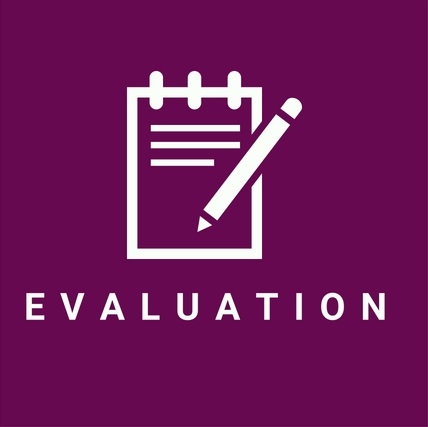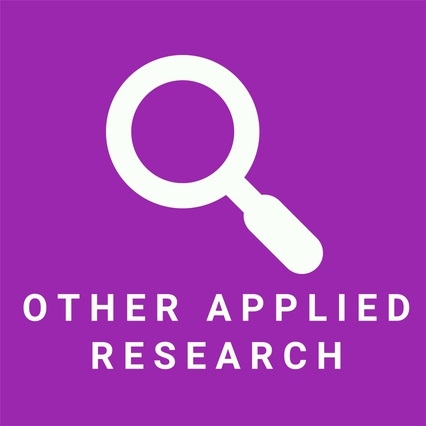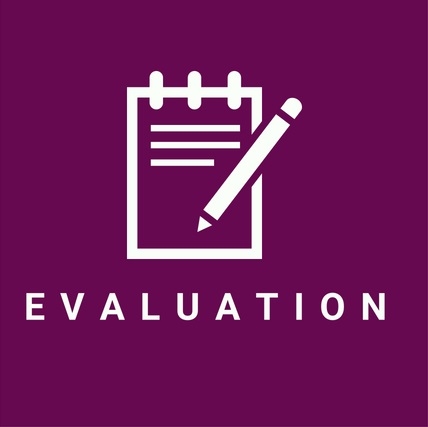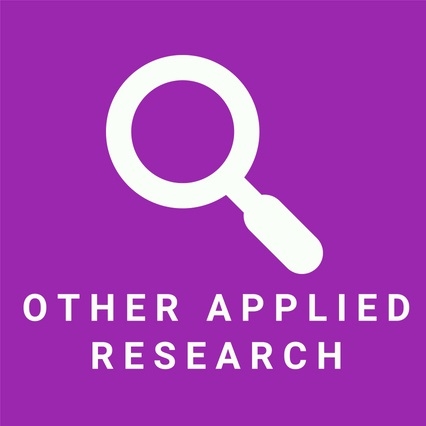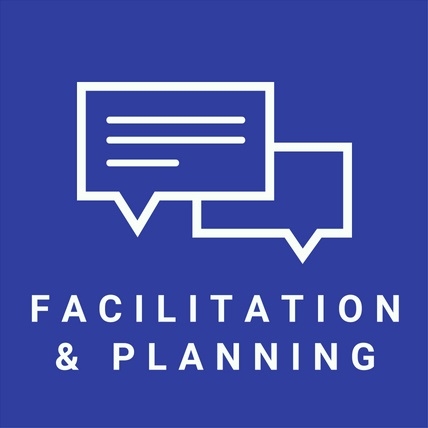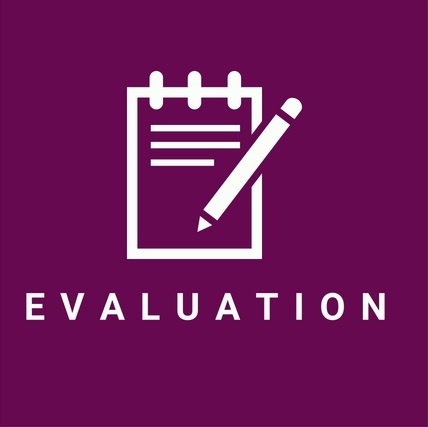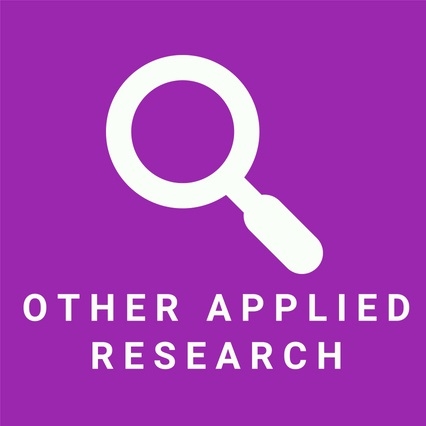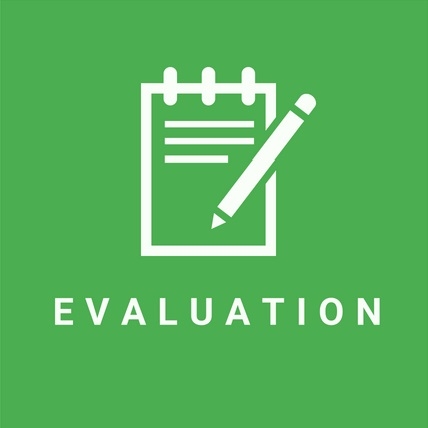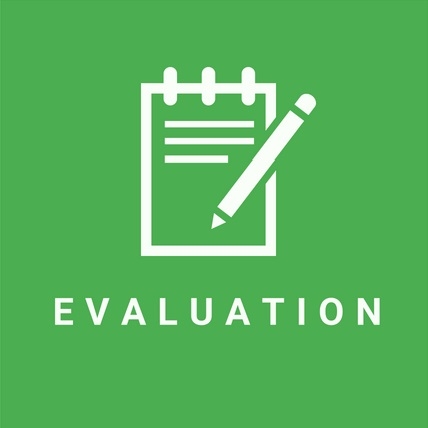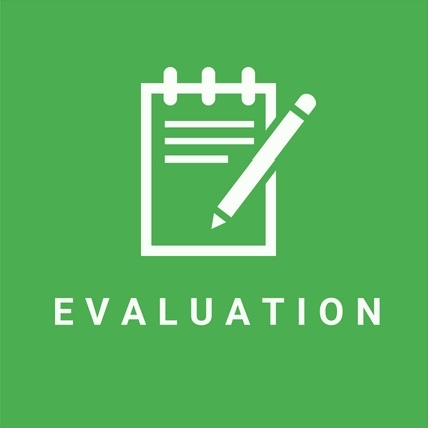Projects
CCBR typically has 15-20 ongoing projects and has completed over 500 projects since 1982. Each project is guided by our commitment to impacting social change in practical and powerful ways. We conduct research with people not on people, cultivating respect with communities at every step of the process.
Projects can be searched for using words from the project title or using the service area, theme, or date range for the project. You can also type 'Service Area' or 'Theme' into the search bar to get a list of options in each of these fields.
Projects
CCBR and the New Brunswick Multicultural Council (NBMC) led an evaluation of the Rural Settlement Network (RSN), which spans seven rural and Francophone communities in New Brunswick that have experienced (2019-2024) a rise in immigration. This project explored client, employer, and community partner perspectives on all seven organizational members of the network, their activities, and their impact.
The Centre for Community Based Research worked closely with the CHAMPP4KIDS Study team on phase 1 of a Public Health Agency of Canada funded study aimed to create and implement relevant and accessible evidence-based parenting resources for diverse groups of caregivers. CCBR provided consultation throughout and designedand facilitating a co-design event with community members to meet project goals.
CCBR partnered with the Toronto Newcomer Office (TNO) to create and implement an evaluation framework for the Toronto Newcomer Strategy (2022-2026). The project involved creating a theory of change, developing data collection tools, and conducting a mini-implementation to test these tools. Guided by a diverse Steering Committee, the project culminated in a community forum to share preliminary findings and discuss next steps with stakeholders.
CCBR collaborated with United Way Greater Toronto (UWGT) to explore and understand the experiences of African refugee asylum seekers in Peel, York and Toronto, to identify promising practices as well as existing gaps within support systems, and to inform efforts for meaningful improvement.
CCBR in partnership with MACC led a 2.5-year project to explore ways to overcome the barriers for Muslim women (e.g., language, status, Islamophobia, health limitations, disabilities) in Halton region in (a) disclosing gender-based violence and (b) seeking support from formal services and informal networks (e.g., family, friends, and community leaders).
The Centre for Community Based Research (CCBR) collaborated with the Hamilton Immigration Partnership Council (HIPC) to develop the 2025-2028 Community Plan. Through four phases—community planning, plan development, evaluation framework creation, and community plan lunch and pledge event —the project aimed to make Hamilton a welcoming community where newcomers have a positive settlement experience and feel a sense of belonging.
CCBR designed and conducted a three-part photovoice training workshop and three coaching sessions for Research Assistants (RAs) working with Dr. Ganapathy-Coleman at the University of Toronto Mississauga. It aimed to enhance the RAs' capacity in developing and facilitating photovoice workshops.
The purpose of this project was to propose an evaluation framework for Reception House Waterloo Region. This framework was based on two of its flagship programs (i.e., Refugee Assistance Program – RAP, and Client Support Services - CSS). Combined these two programs offer a range of supports to Government Assisted Refugees (GARs) within the first two years of their arrival.
CCBR and partners sought to understand racialized newcomers' settlement experiences, particularly regarding ICTs. Through three phases, stakeholders engaged via interviews, focus groups, and case studies. Findings highlight mixed ICT experiences and persisting challenges, prompting recommendations for flexible service provision and capacity building for the settlement sector.
The purpose of this project was to develop a Monitoring and Evaluation Toolkit to support governments and civil society in building monitoring and evaluation mechanisms into the design of refugee community sponsorship programs. The Toolkit was intended to be an accessible and flexible resource for a wide range of national, regional, or local contexts, and of program size and maturity.
In close collaboration with staff from the Alzheimer Society of Ontario (ASO), we conducted a province-wide evaluation of the accessibility and value of their First Link Care Navigation (FLCN) services to racialized, Indigenous and ethnically diverse service users (people living with dementia and care providers). Findings from the study were used to inform ASO’s ongoing efforts to close the gap in dementia support for racialized, Indigenous and ethnically diverse communities.
